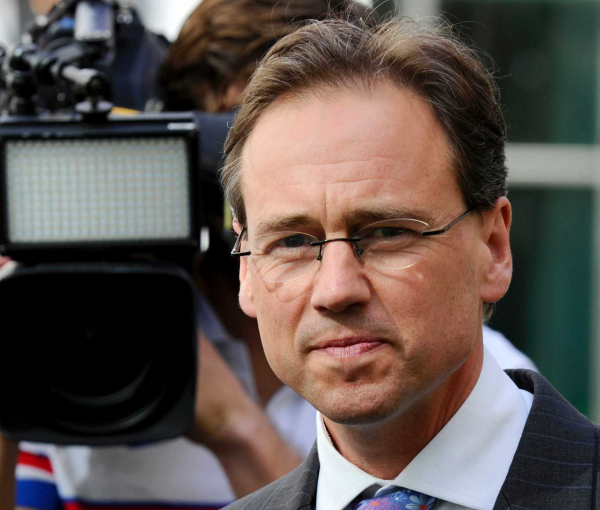Health Minister Greg Hunt is anticipating ideas from key stakeholder groups as part of the existing process focused on improvements to the private health sector but it is not a new review.
Mr Hunt, who was speaking at the launch of the AMA's new Informed Financial Consent Guide to promote transparent fees, said people and organisations wanting to "abolish" private health insurance should be "upfront and honest" about their agenda.
"My clear judgement is that that would be catastrophic for the Australian system. The vast majority of private hospitals would face an existential crisis," he said.
Mr Hunt's comments come the week after a new report from the Grattan Institute that described the sector as being in a 'death spiral'.
The sector responded by slamming the report as largely irrelevant and driven by people with an ideological opposition to private health care.
The minister said he has "already been meeting" with the private health sector, including insurers and hospitals, along with doctor groups, "on the next stage in terms of private health insurance reforms to put further down the pressure on those costs."
He pointed to recently implemented reforms, including the categorisation of policies, and this year's average premium increase which was the lowest in 18 years.
"Most importantly, the discounts for young people, the improved access for people in rural and regional Australia, and the improved mental health access are very important steps, but that’s not the end of the work," he said.
Mr Hunt said further changes would probably focus on reducing cost drivers.
"So, we dealt with prostheses last time, they will be coming back to me shortly, those three groups with their suggestions and their proposals.
"But my goal is to continue to reduce the pressure on private health insurance cost, but also to increase the value proposition, so as people understand."
He continued, "...so I will respectfully wait until the three arms of the system come to us with their individual and their collective views, so the private health insurers, the private hospitals, and the medical community.
"We have asked all of them to come individually, but ideally to work together to identifying any drivers that might have common ground."
